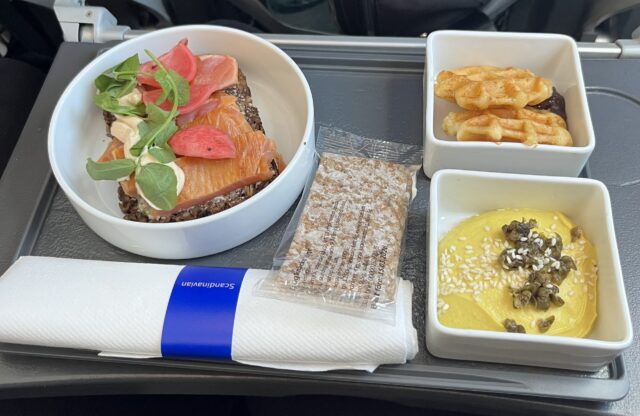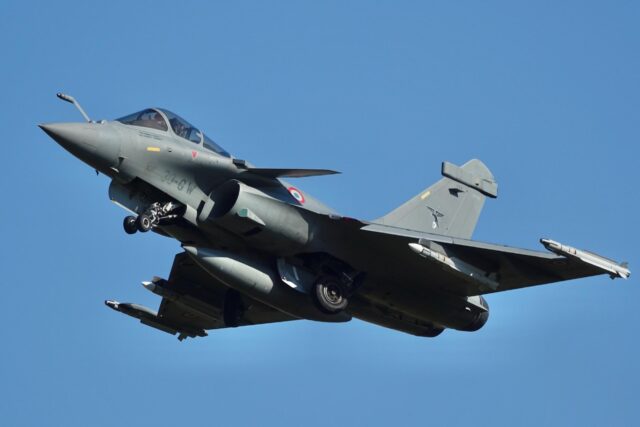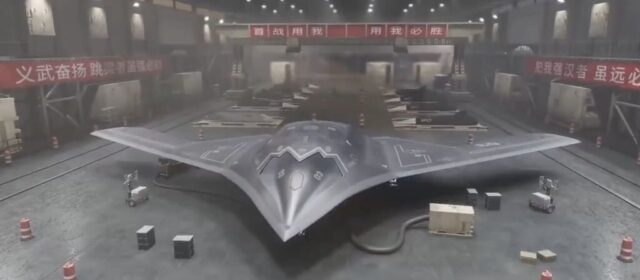
Image: dnata
dnata handled over 82 million bags through all three terminals at Dubai International Airport (DXB) in 2022.
The company handles luggage for over 100 airlines and millions of passengers travelling to 253 destinations from DXB. Merging and processing the flow of passenger baggage and cargo between three terminals, and ensuring the right items are loaded onto the right aircraft at the correct time requires meticulous planning and significant people power. During peak time operations over 1,300 dnata staff work in close synchrony to deliver every piece of baggage in a timely manner, helping airlines maintain their schedule and provide an excellent customer experience.
While passengers make their way through any of DXB’s three terminals, dnata’s operation of military precision is taking place up to five floors below their feet. DXB’s Baggage Handling System (BHS) transports luggage using innovative conveyor belts and lifts that move both departing and arriving bags. Under the concourse floors of Terminal 3 alone, 160 kilometres of baggage tracks spiral around.
The process to guide a bag to its destination begins from 180 minutes before the scheduled time of departure. Any bags checked in prior to this are held in T3’s automated Early Bag Storage facility, with a capacity of 15,000. The departing bag, transported on its distinctive yellow tray linked to the bag’s luggage tag for accurate tracking, will be security screened up to five times as it makes its way through the system. It then progresses to its awaiting container, or Unit Loading Device (ULD), before being transported on to the aircraft.
As they move through the BHS at up to 2.5 metres per second, the bags then enter a safe, high-speed transfer tunnel, shooting along at 7.5m/s, faster than the passenger trains in the adjacent tunnel.
With Dubai positioned as a global hub, many passengers and bags are in transit to their final destination. Of all passengers arriving into Terminal 3 in 2022, 64% were transiting, while at Terminal 2 transit traffic accounted for 45% of all passengers.
Preparation for the transfer of bags to their destination, begins mid-flight. By six hours before the flight’s arrival at DXB, dnata will be ready to accept the bags, knowing how many on each aircraft it needs to transfer, as well as the size, weight and final destination of each one.
Meticulous planning
The ULD’s position on each aircraft also needs to be carefully planned, based on where the bags are headed and their priority level. For instance, many airlines expect bags of their First Class customers to be given top priority, and bags earmarked for transfer also need to be handled immediately and efficiently.
That process can be complicated by baggage that cannot enter the main system, due to being oversized or unusual. Items such as televisions, sports equipment, child’s car seats and even holy water requiring manual handling, and these odd-sized items account for about 5% of total baggage.
The whole operation is carefully monitored and managed by the BHS Control Room, located below the T3 Arrivals Baggage Hall. Here, a giant digital screen projects the entire colour-coded Baggage Handling System, alongside CCTV footage, and operators keeping a close eye on various portions of the massive operation 24/7/365.
Jaffar Dawood, dnata’s senior vice president for UAE Airport Operations, said: “dnata is proud to serve the millions of passengers who pass through the world’s largest airport.
“dnata ensures that passengers travel with the confidence that their luggage will be handled efficiently and safely, and will meet them at their destination. This is made possible by the intricate logistical planning by our teams, and the handling by baggage personnel every hour of each day. This keeps flights moving on time and passengers and cargo arriving on schedule.”
Subscribe to the FINN weekly newsletter
















